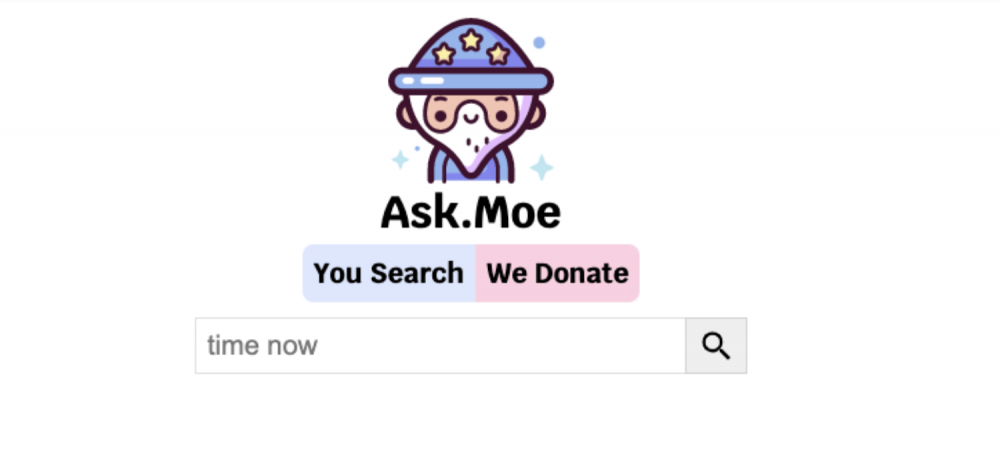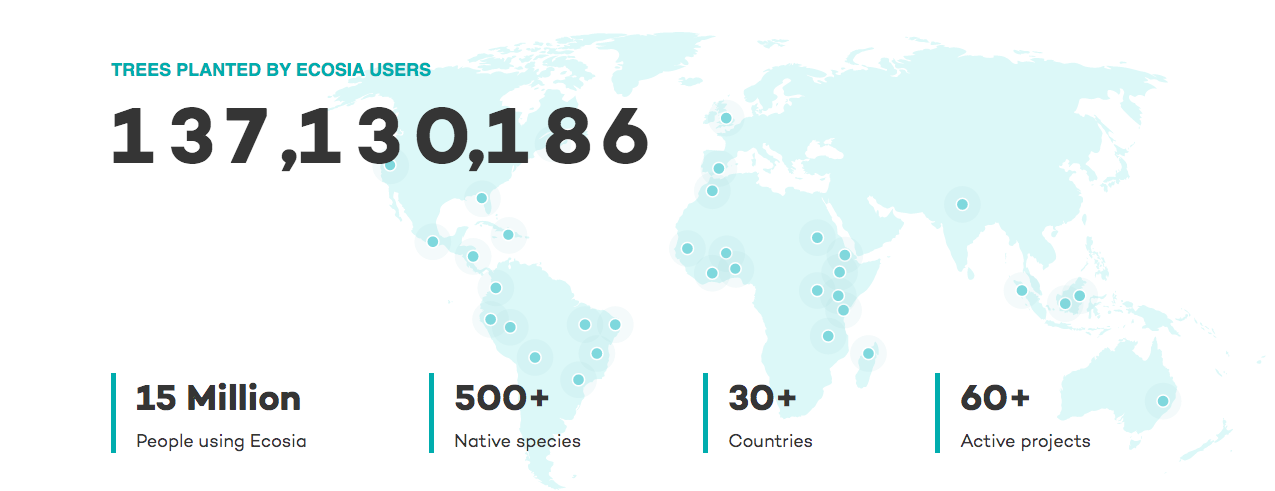Let’s face it. It’s hard to get away from Google. Their empire has now become a ubiquitous monolith which casts a long shadow over the entirety of the internet. And, for all we hear about their ethical failures – whether it’s in the field of privacy, working conditions or energy consumption – we all continue to use their services.
It’s an issue compounded by the fact the alternatives are not much better, either in their level of service or ethical reputation. Ditch Google and you usually end up in the arms of another tech giant of dubious credentials, whether its Microsoft, Amazon or Apple. While, in the search engine sphere, Google has now become the global de facto source of information. If you needed any more proof, there was the embarrassing news last month that ‘Google’ is the most searched term on Bing – followed closely by Youtube and Gmail.
So if Google is indeed unassailable, is there a way to better use their services? Can some of its salient negative aspects be mitigated? Enter Ask.Moe, a new internet search engine which aims to use Google’s dominating technology to better fund non-profits around the world.
Based out of Denmark, Ask.Moe is powered by Google’s very own Programmable Search Engine. This is a highly customisable search box which can be added to any website to provide search functionality – either limited to a specific website, or the internet in general. In this sense, it can provide the exactly same results as would be garnered when using the main Google website. The service is also free to website owners if they allow the use of AdSense, Google’s advertising programme.
Now, this does also mean that using Ask.Moe comes with much of the same privacy concerns as using Google, as users’ search terms are logged in order to create personalised ads. However, Ask.Moe has decided to make this deal in order to generate more revenue which can then be passed onto a network of NGO partners.
Currently, Ask.Moe plans to pass on 80 percent of its revenue to various non-profit organizations, such as GiveDirectly and All Hands and Hearts. Eventually, it also hopes to implement a system in which users themselves can recommend or suggest a worthy charitable cause.
Furthermore, Ask.Moe hasn’t entirely abandoned the cause of internet privacy. When it has control over its in-house code, such as its currency exchange or domain name search functions, it aims to provide tools to protect user privacy. For example, in relation to domain name searches, it uses DNS lookup rather than third-party APIs which would log this information.
Going forward, Ask.Moe also has plans to develop their own browser, as well as creating more search-specific categories that can provide more bespoke results and further differentiate Ask.Moe from the search engine crowd. Hopefully, it will also cut out websites specialising in SEO spam.
Searching for a Solution
The idea of using search engines to fund charitable causes is not entirely new. Perhaps the best known example is Ecosia, a search engine launched in 2009 which also provides 80 percent of its income to reforestation projects around the world. According to Ecosia, the collective clicking of its users have planted over 100 million trees worldwide.
Ecosia differs from Ask.Moe slightly in that it uses Microsoft’s less popular search functions, essentially providing the same results as Bing. The method of generating revenue, however, is largely the same. Unfortunately, money is not simply made by making a search, but users must click on an ad, and ideally, make a purchase through an affiliated link. However, Ecosia does come with the added benefit that its tree planting activities can be used to offset its carbon emissions.
Other search engines, such as Ekoru, giveWater and Givero operate via a similar principle, with some also powering themselves from renewable sources of energy. Another charitable search engine, Rapusia, generates funds through ad clicks, but also reminds the user to make a charitable donation once a threshold of searching has been reached.
All-in-all, changing up your search engine is at best damage limitation, and only a few users will actually contribute to generating funds. However, it is also a simple, and often convenient method to clean up your internet habits, even if only in a minor way. Ask.Moe hopes that by using Google’s powerful search functions they will provide the exact same results users have become accustomed to, making changing over to Ask.Moe a no-brainer.









